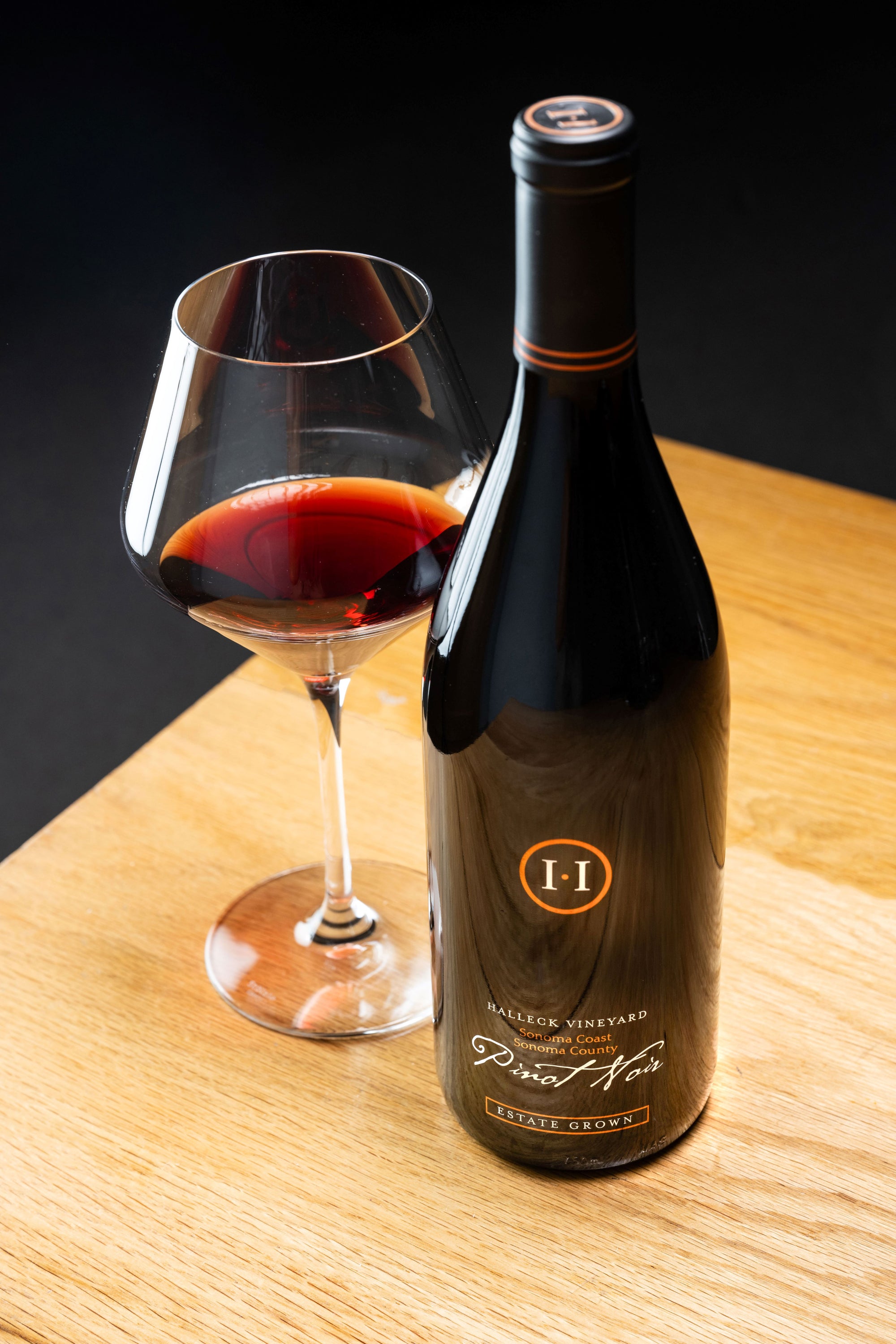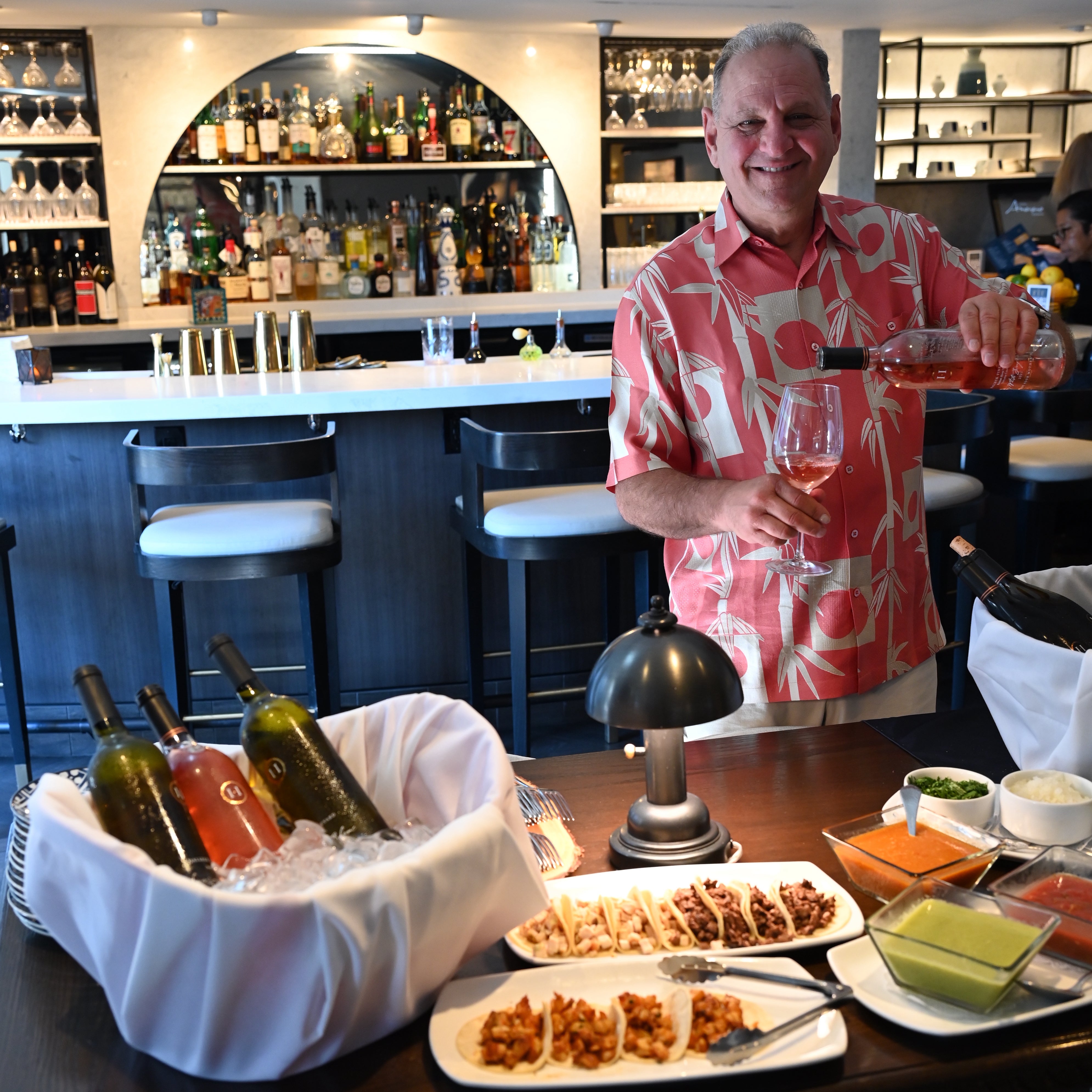Wineries With Estate-Grown Grapes - Wine Tours And Tastings In Sebastopol
Wineries With Estate-Grown Grapes - Wine Tours And Tastings In Sebastopol
Blog Article
Wineries Specializing In Sparkling Wines - Sonoma’s Lush Vineyard Landscapes
Wine tasting is usually regarded as an art kind, one that goes past merely enjoying a beverage. It embraces a complex interaction of flavors, aromas, and textures that requires dedicated practice to really grasp. Many who venture into the world of wine tasting rapidly realize that it entails much more than simply sipping wine. Improving sensory skills via devoted winery wine tasting can elevate the experience, reworking an informal drinking occasion into a complicated exploration of the senses.
At a basic degree, wine tasting engages the senses of sight, smell, taste, contact, and even sound. Each element performs a crucial position in appreciating the nuances of a wine. When one first pours a glass of wine, the wealthy hues can provide initial insights into its age and varietal. Observing the colour and readability helps kind expectations concerning the wine's flavor profile. Many don’t totally appreciate how this visible evaluation can set the stage for what is to comply with.
The subsequent step is to have interaction the sense of smell. Swirling the glass aerates the wine, allowing its risky compounds to flee and fill the air with its bouquet. The nose entails some fascinating layers—different aromas can sign varied features of the winemaking course of, including the type of grapes used, fermentation methods, and growing older situations. Growing a eager sense of scent can be a game-changer in wine tasting.
Wineries Near Santa Rosa - Scenic Wineries Of Sebastopol
To improve this sensory skill, wine enthusiasts are often inspired to participate in dedicated tastings at wineries. These tastings enable individuals to focus solely on the sensory experience (Wineries Producing Pinot Noir And Chardonnay). Tasting sessions led by educated sommeliers or winemakers can offer insights into figuring out distinct aromas. Learning to distinguish between floral, fruity, earthy, and spicy notes can empower a taster to articulate their experience with greater precision.
As one practices their sensory talents, they may uncover that their style preferences evolve. This transformation typically happens after multiple tastings. A wine that originally seemed overwhelming may reveal hidden layers of complexity with a little bit of experience. Understanding how to isolate particular person flavors such as acidity, sweetness, bitterness, and umami contributes considerably to the overall wine experience.
One Other important element in bettering sensory skills is the context in which wine is tasted. Environmental elements like temperature, lighting, and even the corporate current can influence perceptions. At a winery, an optimum setting can cut back distractions and enable a more profound exploration of the wine (Wineries With Scenic Views). Practicing aware tasting techniques encourages a extra immersive experience, allowing tasters to hone in on their senses.
It is not solely about individual notion, although. Engaging with others throughout a tasting also can enhance sensory skills. Sharing notes and discussing impressions fosters a deeper understanding of the wine. This collaborative approach encourages individuals to articulate their sensory experiences, thereby broadening their linguistic repertoire associated to wine tasting.
Intimate Wine Tasting Experiences In Sonoma - Sonoma Wine Tasting Recommendations
Moreover, pairing wine with food can significantly improve the tasting experience. Completely Different mixtures can bring out distinctive flavors in both the wine and the dish. As one tastes a wine alongside particular meals, they will start to acknowledge how certain elements within the wine complement or contrast with what they're eating. This skill of pairing is another layer that enriches sensory growth.
Training one’s palate can contain a variety of exercises. Some enthusiasts have interaction in systematic tasting experiences, sampling a variety of wines that showcase different varietals, areas, or vintages. Exploring this diversity can sharpen the flexibility to discern nuances across completely different wine profiles. Over time, this practice builds a mental library of flavors that may be accessed during future tastings.
Notably, written notes serve a twin objective: organizing one’s thoughts and reinforcing reminiscence. By writing down observations about each wine, tasters can observe their progress over time. Detailing the characteristics of wines assists in solidifying data, ultimately deepening one’s appreciation Look At This of what they devour.
Furthermore, attending workshops or classes targeted on sensory analysis can be useful. Many wineries provide these instructional applications to help people refine their skills. Often, educated instructors guide participants by way of structured tastings, focusing on particular components of the wine. This degree of training reinforces the sensory skills asynchronously and challenges tasters to think about their experiences from totally different angles.
Wineries Known For Handcrafted Wines - Discover Sebastopol's Wine Scene

Over time, the commitment to improving sensory skills through devoted winery wine tasting can yield vital rewards. The enjoyment derived from wine turns into layered and multifaceted. No longer limited to a simple desire for "pink" or "white," tasters start to understand the tales behind every pour. They domesticate a palette able to navigating the advanced panorama of flavors with confidence.
In conclusion, the journey of enhancing sensory skills by way of devoted winery wine tasting is as rewarding as it's gratifying. It requires focus, dedication, and a willingness to be taught, however the outcomes far exceed the preliminary effort. By participating multiple senses and participating in considerate discussions, people not solely turn out to be more proficient at identifying flavors but in addition develop a deeper appreciation for the craftsmanship behind every bottle. The course of transforms wine from a mere beverage into a rich tapestry of sensory exploration that beckons enthusiasts to delve deeper. As skills improve, so too does the enjoyment, enriching life experiences one sip at a time.
Wineries With A Focus On Syrah - Celebrated Wineries Around Sebastopol
- Participating the palate by way of diverse wine varieties enhances the power to distinguish flavors and aromas, refining overall sensory notion.
- Participating in guided tastings promotes targeted attention on delicate traits of every wine, nurturing important tasting skills.
- Learning to identify specific grape varieties fosters a deeper understanding of terroir, which aids in recognizing regional flavor profiles.
- Incorporating food pairings throughout tastings can heighten sensory consciousness, as completely different tastes can influence one another and alter perceptions.
- Working Towards the art of swirling and nosing wines permits individuals to attach olfactory cues with taste, enhancing the ability to articulate sensory experiences.
- Attending workshops that emphasize blind tastings trains individuals to rely purely on their senses quite than preconceived notions, enhancing objectivity.
- Elevating sensory skills can result in better wine selection talents, empowering people to make knowledgeable selections based mostly on personal preferences.
- Participating with knowledgeable sommeliers offers insights into wine-making processes, which deepens sensory appreciation and enhances vocabulary for describing wines.
- Regular participation in tastings encourages memory improvement of flavors and aromas, aiding within the formation of a personalized sensory profile over time.
- Sharing tasting experiences with friends fosters dialogue, promoting communal learning that may improve particular person sensory skills by way of collaboration.undefinedWhat is the aim of enhancing sensory skills via wine tasting?
Improving sensory skills through wine tasting allows people to enhance their capacity to determine and appreciate the varied aromas, flavors, and textures of wine. This heightened sensory awareness can lead to a deeper understanding of wine and an total enriched tasting experience.
Affordable Wine Tastings In Sonoma County - Vineyard Experiences In Sonoma
How can I develop my sensory skills at a winery?
You can develop your sensory skills at a winery by taking part in guided tasting sessions that target particular varietals. Have Interaction with educated workers who can provide insights and encourage you to take notes on your impressions, enhancing each your observational and descriptive skills.
What ought to I anticipate throughout a devoted wine tasting experience?
Wineries That Host Harvest Festivals - Sonoma's Hidden Winery Gems
During a devoted wine tasting experience, anticipate to sample a number of wines whereas receiving focused training about each one. You Will be taught concerning the winemaking process, tasting techniques, and how to discern totally different sensory characteristics, all in a relaxed environment.

Is prior data of wine essential to benefit from a sensory skills workshop?
- Wineries With Artisan Chocolate Pairings In Sonoma
No prior knowledge of wine is necessary; the workshops are designed for all levels of experience. Newbies will find valuable information to build from, while seasoned tasters can refine their skills and increase their palate even further.
How do sensory skills impression my general wine appreciation?
Wineries With Unique Varietals - Best Vineyard Visits In Sonoma
Enhancing sensory skills significantly enhances your total wine appreciation by allowing you to identify subtleties and complexities in wines. This deeper understanding enriches your tasting experience and helps you make knowledgeable choices based on personal preferences.
Are there particular techniques I should use while tasting wine to improve my sensory skills?
Wineries Hosting Seasonal Events - A Visit To Sebastopol Wineries
Sure, using techniques such because the "SWOT" methodology (Sight, Swirl, Smell, Sip, Savor) can be beneficial. Pay attention to the wine's look, aromatics, and mouthfeel, and take your time with every sip to fully explore the flavors and sensations.
What sort of wines are sometimes included in sensory check these guys out skills tastings?
Typically, sensory skills tastings embody a wide range of wines that showcase different areas, varietals, and styles. This range helps members determine distinct characteristics and enhances their ability to differentiate between wines.
Can sensory skills workshops be personalized to my tasting interests?
Beautiful Picnic Areas At Sonoma Wineries - Wineries Near Sebastopol For Tasting
Many wineries supply personalized choices for sensory skills workshops, allowing you to focus on particular types of wines or themes that curiosity you, such as organic wines or unique regional offerings. It's best to inquire directly with the winery for tailored experiences.
Is there a way to practice sensory skills after leaving the winery?
Yes, you'll find a way to practice your sensory skills at home by tasting different wines and preserving a tasting journal. Experimenting with varied food pairings and aromatics can additional enhance your understanding of how flavors interact, reinforcing the skills gained on the winery. Report this page